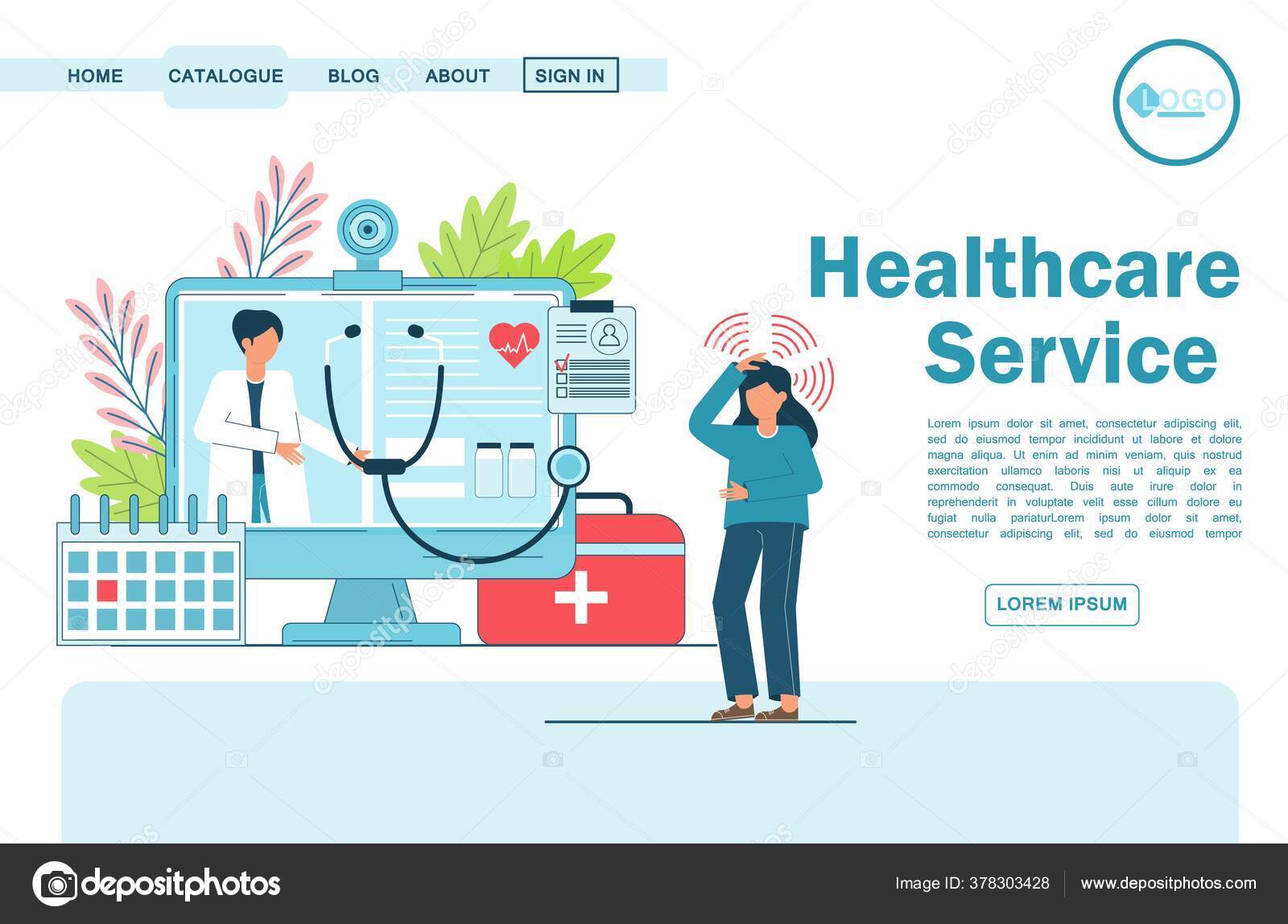Understanding the Cost Savings of Subscription Based Healthcare for Families
Understanding the Cost Savings of Subscription Based Healthcare for Families
Blog Article
The Rise of Subscription-Based Healthcare and Its Influence on Patient Care
As healthcare evolves, the subscription-based version is getting traction, promising to change person treatment by providing predictability and ease of access. The potential for these versions to reshape healthcare distribution increases pressing concerns regarding their long-term sustainability and inclusivity. Are these registration services the future of medical care, or do they take the chance of leaving susceptible populations behind?
Comprehending Registration Health Care Designs
Comprehending the idea of membership healthcare versions entails analyzing a transformative approach to medical solutions that emphasizes affordability and availability. These versions, typically described as straight primary treatment (DPC) or concierge medication, have arised as ingenious choices to conventional fee-for-service medical care systems. Subscription health care allows clients to pay a set monthly or annual charge for a specified set of medical solutions, which might consist of unlimited office brows through, routine examinations, and standard lab tests, without the requirement for standard insurance policy billing.
The framework of subscription health care designs is made to simplify client treatment by getting rid of third-party payers and intricate billing codes, thus minimizing management burdens. Doctor can concentrate extra on patient care, fostering stronger patient-provider relationships. This model also promotes preventative care by encouraging routine brows through, as the economic barrier of per-visit costs is removed.
The subscription model often empowers healthcare service providers to handle smaller client panels, enabling even more tailored treatment. It lines up monetary incentives with patient wellness outcomes, as carriers are inspired to maintain client fulfillment and wellness. In general, understanding membership healthcare versions requires identifying their potential to reshape just how treatment is delivered and accessed.
Advantages for Suppliers and clients

For companies, subscription-based versions supply the opportunity to deepen patient-provider relationships. With a constant revenue stream, healthcare experts can devote more time per individual, leading to a more thorough and customized care experience. This model also reduces reliance on high patient quantities, alleviating burnout and boosting work contentment. The emphasis on preventive care within registration strategies can lead to better person results and decreased lasting medical care prices. By concentrating on continuous treatment, companies can deal with issues before they escalate, eventually benefiting the healthcare system overall by reducing the concern on emergency and acute treatment services.
Worries and challenges
While subscription-based medical care designs present many advantages, they additionally come with a set of obstacles and problems that have to be addressed. Initially, ease of access remains a considerable problem, as these versions frequently target individuals that can manage month-to-month fees, potentially omitting low-income populations. This increases moral inquiries about equitable access to healthcare services. Additionally, the varied nature of membership plans can cause complication among individuals pertaining to insurance coverage specifics, possibly leading to unmet assumptions or insufficient treatment.
Financial sustainability of subscription-based designs is one more issue. Carriers need to balance the fixed revenue from registrations with the variable expenses of healthcare solutions, which might vary due to unforeseen medical needs. This can develop pressure to limit services or rise charges, potentially influencing individual complete satisfaction and care quality.
Moreover, governing oversight of subscription-based healthcare models is still progressing. Resolving these challenges is essential for the effective and fair execution of subscription-based medical care.
Impact on Patient-Doctor Relationships
One substantial effect of subscription-based medical care versions on patient-doctor partnerships is the possibility for boosted connection and customized treatment. By embracing a membership model, physicians can take care of a smaller sized patient panel, enabling even more dedicated time with each person. This enhanced schedule fosters a much deeper understanding of a patient's case history, way of living, check my reference and preferences, allowing a lot more customized treatment plans and treatments.

Nonetheless, it is necessary to identify that while subscription-based versions might benefit those who can afford them, they can inadvertently widen medical care disparities. Patients that are not able to join these models might experience lower accessibility to customized treatment, potentially influencing their relationships with doctor. Go Here Hence, while the subscription model offers appealing advantages for patient-doctor relationships, it likewise poses obstacles that need to be dealt with to ensure equitable medical care access.
Future of Medical Care Access

The role of innovation can not be neglected in this improvement. Telemedicine systems and electronic health and wellness records help with seamless communication in between individuals and medical care service providers, breaking down geographical and logistical barriers. Additionally, advancements in artificial knowledge and information analytics can additionally customize treatment by forecasting person demands and enhancing have a peek at these guys therapy strategies.
Nevertheless, the future of healthcare access additionally provides difficulties, such as guaranteeing equity across various socio-economic teams. Policymakers and medical care providers must team up to connect the digital divide, making certain that subscription-based versions continue to be affordable and comprehensive. As these systems grow, they hold the guarantee of making healthcare extra obtainable, effective, and patient-centric.
Verdict
Subscription-based medical care designs are improving patient treatment by giving a stable expense structure and improving ease of access. The increase of subscription-based health care motivates aggressive individual involvement, which has the potential to boost patient end results and satisfaction, indicating a transformative shift in medical care shipment.
As health care develops, the subscription-based design is obtaining traction, promising to transform individual treatment by providing predictability and accessibility.Subscription-based healthcare models offer distinctive advantages for both patients and providers, boosting the general healthcare experience.As healthcare systems advance, the future of health care gain access to often hinges on the assimilation of cutting-edge models and modern technologies.Subscription-based healthcare versions are reshaping patient treatment by offering a secure expense structure and enhancing access. The increase of subscription-based medical care encourages aggressive individual involvement, which has the possible to boost client outcomes and contentment, signifying a transformative shift in medical care distribution.
Report this page